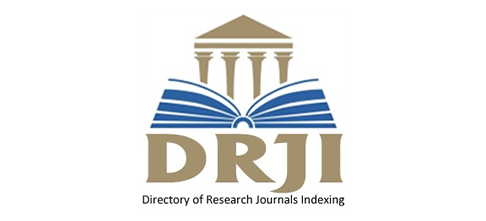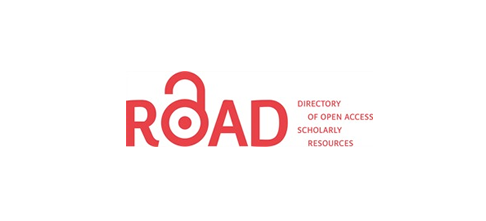Bir Dış Politika Aracı Olarak Örtülü Operasyonlar: ABD’nin Sovyet-Afgan Savaşına Müdahalesi (1979-1989)
30.06.2023 | Merve SEREN , Namık Kemal YILDIZ
Özet
“Örtülü operasyon” olgusu, zihinlerde mistik ve kurgusal örgülere dayanan komplovari teorilerle bezenmiş bir algıya dayanmaktadır. Bu algı, Türk yazın dünyasında örtülü operasyon faaliyetlerinin biyografi, anı ve roman türlerinde kaleme alınırken; akademik literatürde ihmaline sebebiyet vermektedir. Oysa örtülü operasyon kavram ve olgusu, varsayılanın aksine bir polisiye avantür yahut askeri operasyondan ibaret bir alan değildir. Örtülü operasyon, istihbaratın tüm farklı alanlarında icra edilen; askeri misyonlardan ekonomik ve endüstriyel casusluğa, siyasi veya vekil savaşlarına müdahalelerden psikolojik harekatlara uzanan geniş bir yelpazede işlev görmektedir. Bu bağlamda çalışmanın, üç temel hedefi vardır. Birincisi; örtülü operasyonun gizemsel kanaatlerden ziyade, bilimsel metodoloji ve öğretilere dayanan bir akademik çalışma olarak ele alınması zaruretini ortaya koymaktır. İkincisi; teoride ve uygulamada örtülü operasyonların çoklu işlevlerini izah etmek suretiyle, özellikle devletlerin bir dış politika aracı olarak örtülü operasyonları nasıl fonksiyonel kıldıklarını göstermektir. Üçüncüsü; ilk iki hususu daha anlaşılır ve perçinleyici kılmak üzere, Afganistan vakası özelinde devlet/devlet-dışı aktörlerin icra ettiği örtülü operasyon faaliyetlerinin maksat ve muhteviyatına ışık tutmaktır. Bu minvalde çalışmanın vaka bazlı temel sorunsalı, bir dış politika unsuru olarak araçsallaştırılan örtülü operasyonların kısa vadede olumlu kazanımlar; uzun vadede devletlerin dış politika yapım süreçlerinde menfi etkiler yaratıp yaratmadığıdır. Diğer bir ifadeyle, çalışma şu soruya ışık tutmaktadır: “Afganistan, örtülü operasyonların tahmin edilemeyen sonuçları itibarıyla, kısa vadeli kazanımların uzun vadeli sorunlara yol açtığı bir örnek vaka mıdır?”
Anahtar Kelimeler
Kaynak Göster
Seren, M. ve Yıldız, N.K. (2023). Bir Dış Politika Aracı Olarak Örtülü Operasyonlar: ABD’nin Afganistan İşgaline Müdahalesi (1979-1989). İstihbarat Çalışmaları ve Araştırmaları Dergisi, 2(2), ss.178-220, DOI: http://dx.doi.org/10.29228/icad.18









